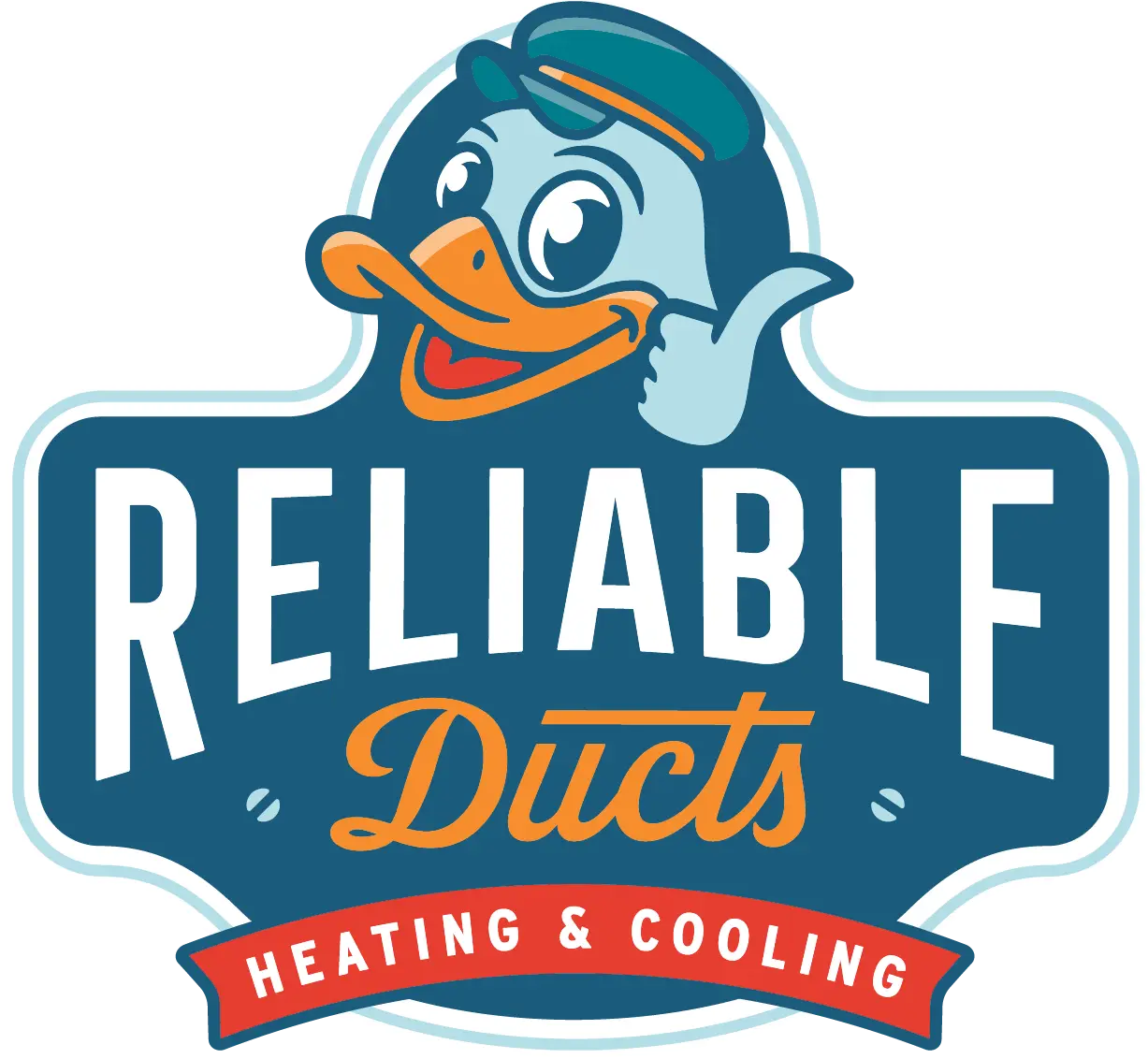Signs Your Air Conditioner Might Be Broken: What to Look For
[vc_row][vc_column][vc_column_text]Your air conditioner is a vital component of your home, especially during the hot summer months, providing relief from sweltering temperatures and maintaining indoor comfort. However, like any mechanical system, air conditioners can experience malfunctions and breakdowns over time. Recognizing the signs of a broken air conditioner is essential for addressing issues promptly and restoring […]
Addressing the Issue of Frozen Evaporator Coils in AC Units
[vc_row][vc_column][vc_column_text]As the summer heat rises, your air conditioning system becomes essential for indoor comfort. However, if you’ve ever encountered a situation where your AC unit is blowing warm air instead of cool, it could be due to a frozen evaporator coil. This article will delve into the causes, signs, and solutions for frozen evaporator coils […]
3 Ways to Determine if Your Heater is Energy Efficient
[vc_row][vc_column][vc_column_text]In today’s world, where energy conservation is crucial for environmental sustainability and cost-effectiveness, ensuring that your heater is energy efficient is paramount. An energy-efficient heater reduces your carbon footprint and saves you money on utility bills. But how can you tell if your heater is truly energy efficient? These are three important indications to take […]
Identifying Common Culprits: What Damages Your HVAC System?
[vc_row][vc_column][vc_column_text]Your HVAC (Heating, Ventilation, and Air Conditioning) system is a crucial component of your home’s comfort and air quality. However, several factors can damage the system over time, leading to inefficiency, breakdowns, and costly repairs. Understanding these common culprits is essential for maintaining your HVAC system’s performance and longevity. Let’s explore the key factors that […]
Clearing the Air: Debunking Fake News About HVAC
[vc_row][vc_column][vc_column_text]In the age of information, misinformation often spreads like wildfire. That’s why fact checking is a must. When it comes to Heating, Ventilation, and Air Conditioning (HVAC) systems, there is a mass of myths and fake news circulating that can misguide homeowners and lead to potential issues. In this article, we aim to debunk some […]
The Vital Role of Air Conditioning In Modern Living
[vc_row][vc_column][vc_column_text]In this time of advancement and modern living, one technological marvel stands out for its transformative impact on our comfort and well-being, and that is air conditioning. As temperatures soar and seasons change, the soothing hum of air conditioning units has become a ubiquitous part of our daily lives. This article explores the history, science, […]
UV Lights in Indoor Spaces
In the pursuit of creating healthier indoor environments, the role of UV lights in enhancing air quality has gained significant attention. These lights, typically used in HVAC systems, play a crucial role in eliminating harmful microorganisms and improving overall indoor air quality (IAQ). In this blog post, we’ll delve into the fascinating world of UV […]
What You Want to Look For When Purchasing a New Thermostat
Buying a new thermostat can be confusing because of the range of options available. Some thermostats are simply easier to use, while others have advanced features that can save you money. To help you find the best thermostat for your needs, we’ve designed this buyer’s guide to highlight what factors and features you should consider […]
5 Ways Air Conditioning Maintenance Saves Your Wallet
5 Ways Air Conditioning Maintenance Saves Your Wallet Your air conditioner is a substantial appliance that can consume your money if you’re not careful. From constantly fluctuating energy costs to repairs and eventually to a replacement, these air conditioner needs can come with a hefty price tag. That’s why you want to take advantage of […]
What Are Some Factors to Consider When Purchasing an Air Conditioner?
The scorching temperatures of Jacksonville’s summers make having an air conditioner a must for most homeowners. If you are looking to replace or upgrade your existing air conditioner, you must do your due diligence before making the final decision. Because of the expense involved in purchasing a new unit and the importance an air conditioner […]
